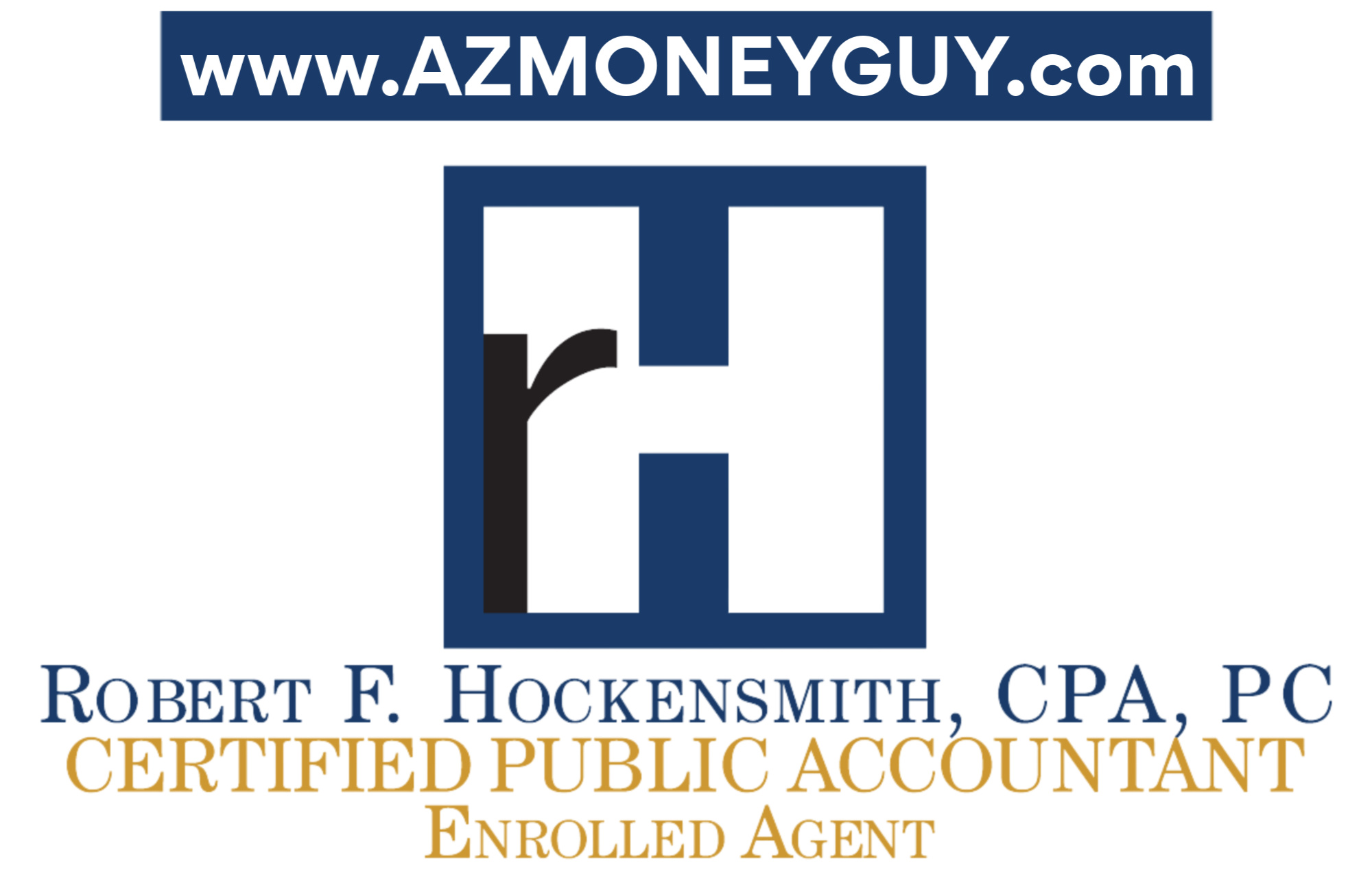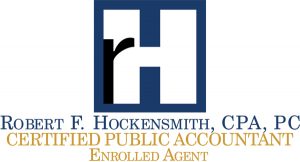Blog
Tax Tips about Hobbies and a Home Office from the Internal Revenue Service (IRS)
Tax Tips about Hobbies and a Home Office from the Internal Revenue Service (IRS)
Millions of people enjoy hobbies that are also a source of income. Some examples include stamp and coin collecting, craft making, and horsemanship.
You must report on your tax return the income you earn from a hobby. The rules for how you report the income and expenses depend on whether the activity is a hobby or a business. There are special rules and limits for deductions you can claim for a hobby. Here are five tax tips you should know about hobbies:
1. Is it a Business or a Hobby? A key feature of a business is that you do it to make a profit. You often engage in a hobby for sport or recreation, not to make a profit. You should consider nine factors when you determine whether your activity is a hobby. Make sure to base your determination on all the facts and circumstances of your situation. For more about ‘not-for-profit rules see Publication 535, Business Expenses.
2. Allowable Hobby Deductions. Within certain limits, you can usually deduct ordinary and necessary hobby expenses. An ordinary expense is one that is common and accepted for the activity. A necessary expense is one that is appropriate for the activity.
3. Limits on Hobby Expenses. Generally, you can only deduct your hobby expenses up to the amount of hobby income. If your hobby expenses are more than your hobby income, you have a loss from the activity. You can’t deduct the loss from your other income.
4. How to Deduct Hobby Expenses. You must itemize deductions on your tax return in order to deduct hobby expenses. Your expenses may fall into three types of deductions, and special rules apply to each type. See of Publication 535 for the rules about how you claim them on Schedule A, Itemized Deductions.
5. Use IRS Free File. Hobby rules can be complex and IRS Free File can make filing your tax return easier. IRS Free File is available until Oct. 15. If you make $58,000 or less, you can use brand-name tax software. If you earn more, you can use Free File Fillable Forms, an electronic version of IRS paper forms. Free File is available only through the IRS.gov website.
Home Office Deductions
If you work from home, you should learn the rules for how to claim the home office deduction. Starting 2013, a simpler option was created to figure the deduction for business use of your home. The new option may save you time because it simplifies how you figure and claim the deduction. It can also make it easier for you to keep records. It does not change the rules for who may claim the deduction.
Here are six tips from the IRS about the home office deduction:
1. Generally, in order to claim a deduction for a home office, you must use a part of your home exclusively and regularly for business purposes. Also, the part of your home used for business must be:
- Your principal place of business, or
- A place where you meet clients or customers in the normal course of business, or
- A separate structure not attached to your home. Examples might include a studio, garage or barn.
2. If you use the actual expense method, the home office deduction includes certain costs that you paid for your home. For example, if you rent your home, part of the rent you paid could qualify. If you own your home, part of the mortgage interest, taxes and utilities you paid could qualify. The amount you can deduct usually depends on the percentage of your home used for business.
3. Since 2013, you may be able to use the simplified option to claim the home office deduction instead of claiming actual expenses. Under this method, you multiply the allowable square footage of your office by a prescribed rate of $5. The maximum footage allowed is 300 square feet. The deduction limit using this method is $1,500 per year.
4. If your gross income from the business use of your home is less than your expenses, the deduction for some expenses may be limited.
5. If you are self-employed and choose the actual expense method, use Form 8829, Expenses for Business Use of Your Home, to figure the amount you can deduct. You claim your deduction on Schedule C, Profit or Loss from Business if you use either the simplified or actual expense method. See the Schedule C instructions for how to report your deduction.
6. If you are an employee, you must meet additional rules to claim the deduction. For example, in addition to the above tests, your business use must also be for your employer’s convenience.
Call today, don’t delay! See how this affects you. We can be reached at 602-264-9331 and on all social media under azmoneyguy.
Related Blog Posts
Powers of Attorney (POA)
www.AZMONEYGUY.com(602) 264-9331 Call 24x7Blog Powers of Attorney (POA)[DISPLAY_ULTIMATE_SOCIAL_ICONS] The knowledge and action to prepare for the future gives you “peace of mind”. The present is a gift that we enjoy, but the future is unknown, so...
Teaching Children about Finances and Self Reliance
www.AZMONEYGUY.com(602) 264-9331 Call 24x7Blog Teaching Children about Finances and Self Reliance[DISPLAY_ULTIMATE_SOCIAL_ICONS] Doesn’t the early bird catch the worm? So, starting early, as early as Kindergarten helps in shaping good financial...
Child and Dependent Care Tax Credits This Summer
www.AZMONEYGUY.com(602) 264-9331 Call 24x7Blog Child and Dependent Care Tax Credits This Summer[DISPLAY_ULTIMATE_SOCIAL_ICONS] Holding those little ones in your arms and slowly guiding them through the path of life, is surely one of the most...
Do You Owe The IRS?
Learn 5 Secrets The IRS Doesn't Want You To Know.
Click on the button below to get FREE access to this exclusive content.
Get Expert Tax Advice from an expert
Mr. Hockensmith has been a guest newscaster for national and local TV stations in Phoenix since 1995, broadcasting financial and tax topics to the general pubic. He has written tax and accounting articles for both national and local newspapers and professional journals. He has been a public speaker nationally and locally on tax, accounting, financial planning and economics since 1992. He was a Disaster Reservist at the Federal Emergency Management Agency, for many years after his military service. He served as a Colonel with the US Army, retiring from military service after 36 years in 2008. Early in his accounting career, he was a Accountant and Consultant with Arthur Andersen CPA’s and Ernst & Young CPA’s.










